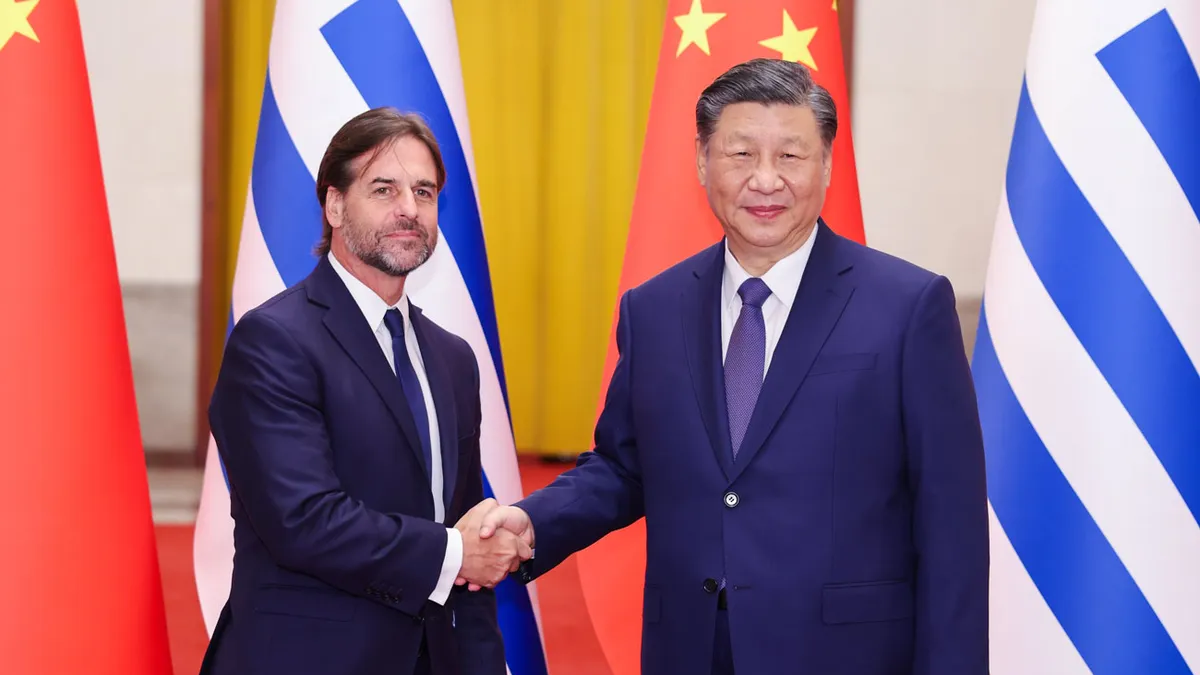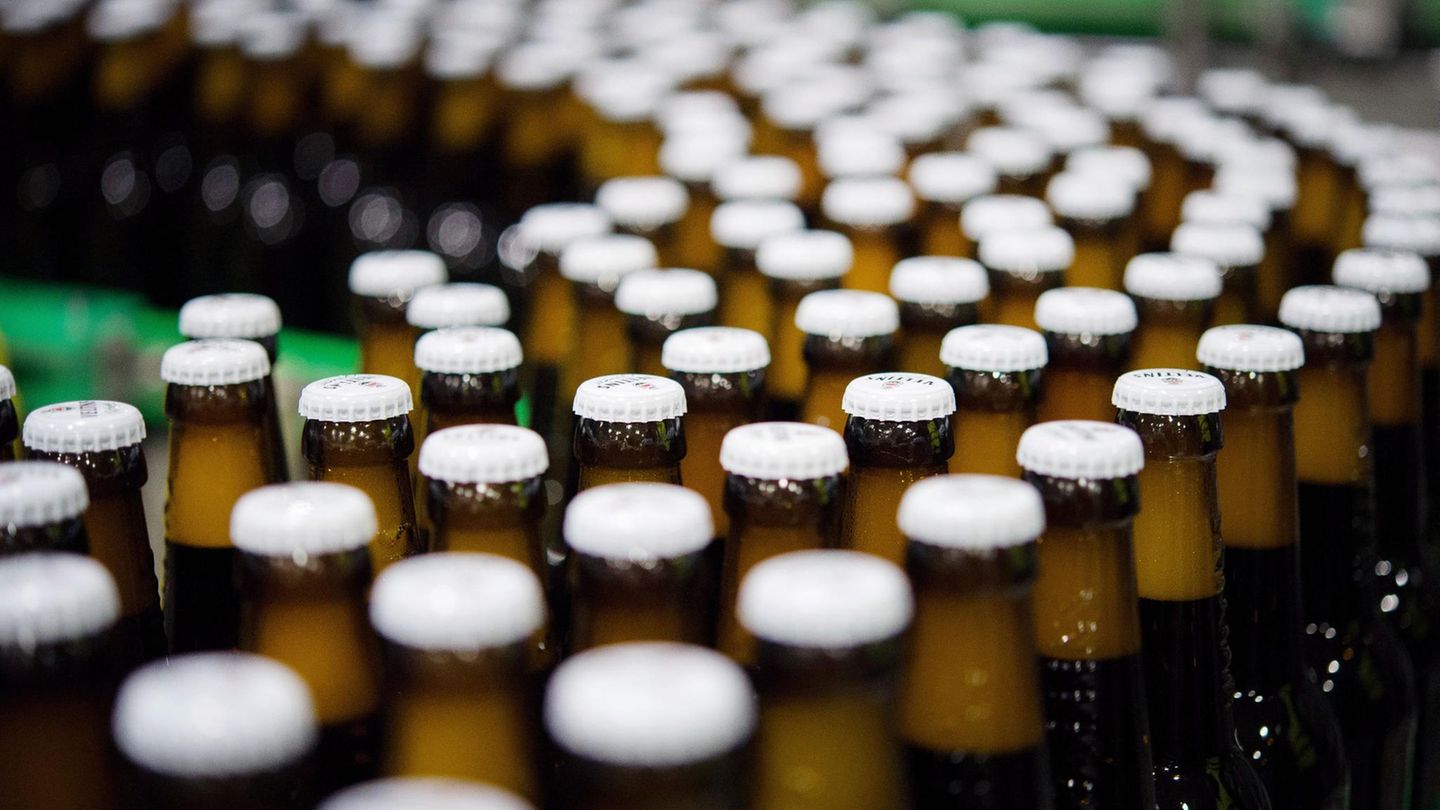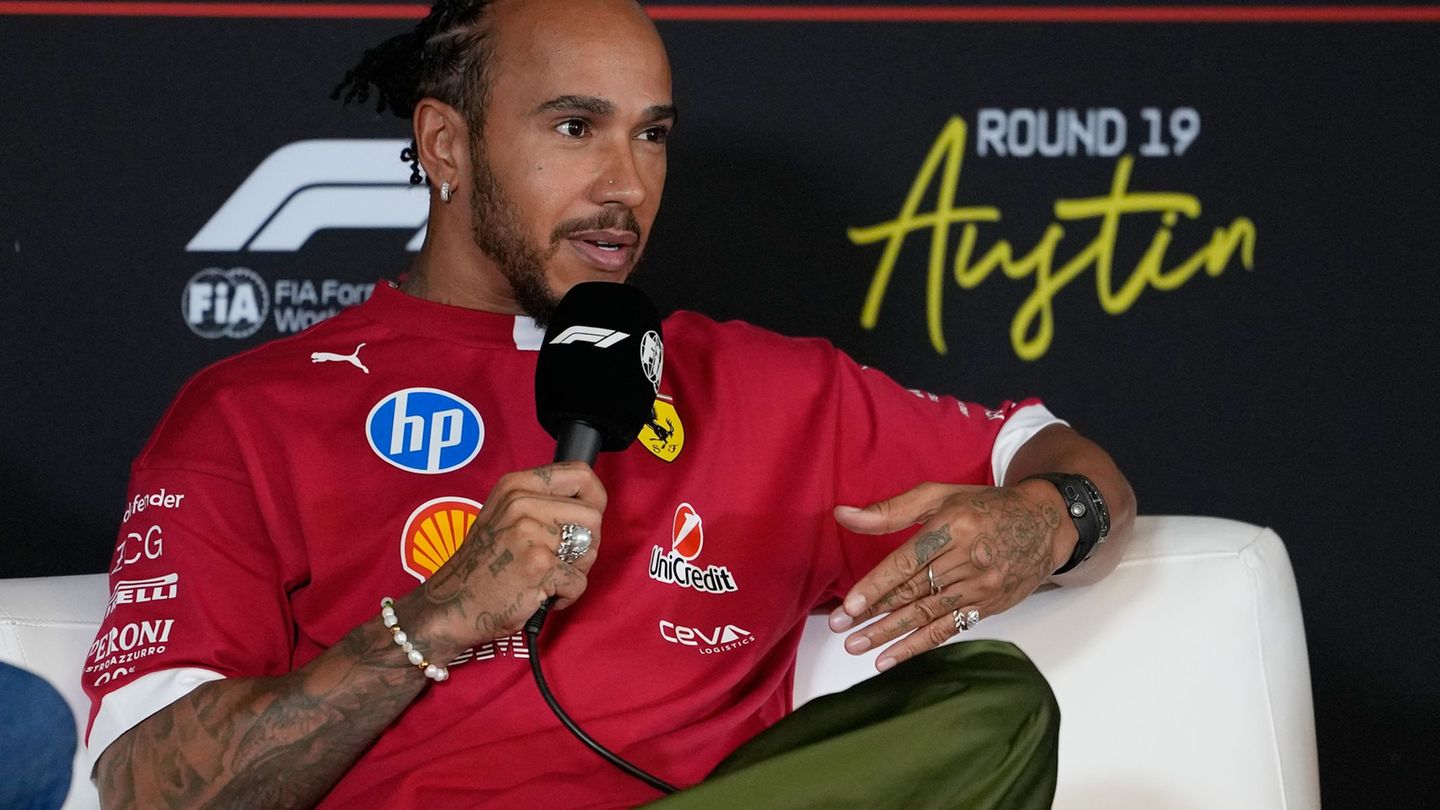Uruguay and China made progress in international relations with the 24 treaties and memorandums signed, among which stands out the elevation of Strategic Association to Comprehensive Strategic Association of Uruguay as a trading partner of the Asian giant. This is essential on the path towards possible Free Trade Agreement (FTA) that the country has been looking for for months; to which is also added a new possibility: the assumption of Javier Milei as president of Argentina and its much less restrictive vision regarding the Mercosur and bilateral negotiations. Is a new opportunity opening up for local exports?
The meeting between the president Luis Lacalle Pou and his Chinese counterpart Xi Jinping in Beijing It lasted two hours, which was enough to advance more in terms of commercial and diplomatic relations than all the negotiations in recent months. Among the consensuses reached, in addition to the elevation of the relationship between both countries to the level of Comprehensive Strategic Association, the leaders agreed to “continue making efforts to accelerate the construction of a Free Trade Association (FTA)”.
In that sense, Xi highlighted during the meeting that “both China as Uruguay “They are supporters of Free Trade between both countries and will continue to promote and maintain communication to advance rapidly,” as stated by government sources.
The truth is that the scenario for Uruguay changed, and not only because of Lacalle Pou’s trip to China and the clear sign of political will to deepen relations with the Asian giant; but also for the redistribution of powers within Mercosur and the possibility that the bloc’s firm stance against bilateral agreements is no longer such.
Milei, an opportunity for Uruguay with China?
It is known that the delays in the negotiations between Uruguay and China by the signature of TLC, Despite the rapid progress that was made regarding the joint feasibility studies for it, the Asian giant prioritized a trade agreement with the Mercosur, after Luiz Inácio Lula da Silva returned to the presidency of Brazil – with a different line of foreign trade than that of his predecessor, Jair Bolsonaro.
The regional position was firm throughout the year in this regard, and generated rispideces with the government of Lacalle Pou, who insisted in all the meetings of the member countries on the need to make more flexible the regulations of the multilateral organization to take advantage of the opportunities that arose for each nation, without the delays of negotiation with the region.
The tensions between Uruguay and Argentina and Brazil —the strongest within the bloc and those who set its course during the last year, in unity— reached the point that the Uruguayan president himself accused the existence of “diplomatic efforts” by both governments to stop the FTA with China.
Now, the electoral outcome in the neighboring country last Sunday poses a new scenario for the Uruguayan government, which deposited significant political capital in the possibility of closing the free trade agreement with one of its main export destinations. This is because the future government of the libertarian Javier Milei could reduce pressure Mercosur and enable this flexibility that Lacalle Pou claims so much.
In this regard, the elected president of Argentina had been in favor of the elimination of the Mercosur, in a much more posture radicalized than the Uruguayan one—which, beyond the complaints, understands the benefits that regional trade brings, at least for the national economy.
“Mercosur is a customs union that favors businessmen who do not want to compete and that goes against Argentine interests,” said the then candidate in an interview with the weekly Busqueda. Milei also referred to the non-intervention of the State in international trade and the possibility of cutting relations, at least diplomatic, with Brazil and China.
For her part, the economist Diana Mondino, who is emerging as the chancellor in the libertarian government, expressed a less blunt thought about relations and considered that “the Mercosur must be revitalized”, since “neither the world nor the countries of the Mercosur have the same needs or opportunities as when the Mercosur”.
This position is much more in line with that proposed by the Lacalle Pou government, which could see the political change in the neighboring country as the perfect opportunity to advance the bilateral agreements which, until now, seemed delayed. Mainly regarding the signing of the FTA with China, that could see their intentions to agree with the Mercosur as a block.
Source: Ambito




